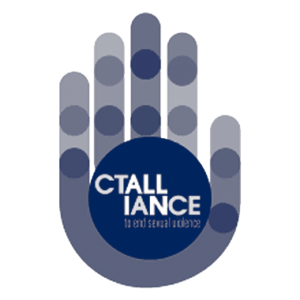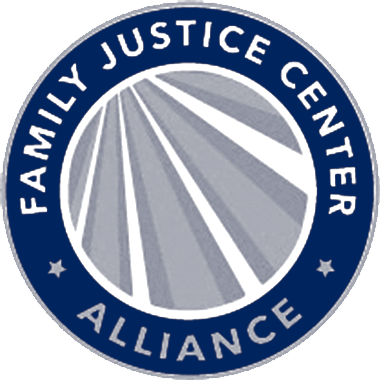Today, as our nation deals with an extraordinary public health crisis, Americans are being asked to stay home and practice social distancing.
Unfortunately, for too many people, home is not a safe place.
In fact, many of the thousands of adults and children we work with each year at The Center for Family Justice are faced with an almost unimaginable predicament right now. They must choose between the health risks associated with a virulent pandemic and the trauma of sheltering in place with their abuser.
It’s a terrible choice impacting far too many individuals and families living in the six communities we serve.
The stress, anxiety and economic hardships this pandemic have caused are never an excuse for abuse, yet we believe the inherent challenges of living in close quarters for extended periods of time are placing additional strains on already abusive relationships. Since we know that abuse tends to escalate over time, a relationship that has long been emotionally toxic can become physically abusive as an abuser seeks to exert power and control in these uncertain times .
Throughout our country and closer to home, we are hearing extremely disturbing reports of family and intimate partner violence, including a recent murder/suicide in Norwalk where the victims were young children.
Statewide, the Connecticut Coalition Against Domestic Violence is reporting that police departments across the state have experienced an 8 percent increase in domestic violence calls, when statistics for most other types of crime –from residential burglary to DUI–are plummeting as people shelter in place. This spike is probably just a glimpse of what’s really happening to victims who lack the ability to safely ask for help without their abusers’ intervening.
I worry about all victims of domestic and sexual violence, but as a grandparent I am terrified about the lasting consequences this pandemic will have on the youngest abuse victims. With schools closed, young victims are cut off from a place where they can be safe for at least part of the day and have the chance to share their trauma with trusted allies such as teachers and counselors.
April is Child Abuse Awareness Month and Sexual Assault Awareness Month. These dual awareness initiatives remind us of the tragic intersections between sexual and domestic abuse and child victimization.
During the last year our team worked with 428 child victims. Those children included 58 boys and girls we saw because of domestic violence and 121 children who sought services because of sexual violence they experienced, often in their own homes. Twenty-seven additional children lived for part of the year in Kathie’s Place, our 15-bed safe for those seeking shelter from abusive relationships.
It is my belief that as we emerge from the confines of this pandemic we will see these already startling numbers surge.
This is a discouraging prediction, but not hopeless.
Throughout this public health crisis, our team at CFJ has been working round-the-clock to keep victims protected. Our safe house is fully-staffed and recently helped a mother and her children move in at the height of this pandemic. Our counselors are working remotely, answering our hotlines 24/7. Our child clinician has been conducting virtual therapy sessions with her young clients.
We are also getting ready for what we hope will be our fourth summer of Camp HOPE America-Bridgeport, our summer camp and year-long mentoring program for children impacted by trauma.
This month, CFJ will host its annual Walk a Mile in Her Shoes event as a virtual fundraiser to benefit Camp HOPE. While the need for social distancing means we can’t walk together to raise money to support our programs, we are asking those who care about the clients we serve to join us in this effort by taking their own virtual walks.
Joining us in this effort could make an enormous difference in the life of a child who has endured a world of hurt.
—Debra A. Greenwood is the President & CEO of The Center for Family Justice which serves victims of domestic and sexual violence and child abuse in the communities of Bridgeport. Easton, Fairfield, Monroe, Stratford and Trumbull.






